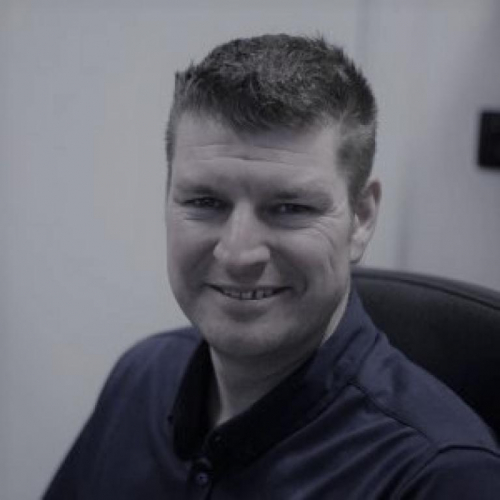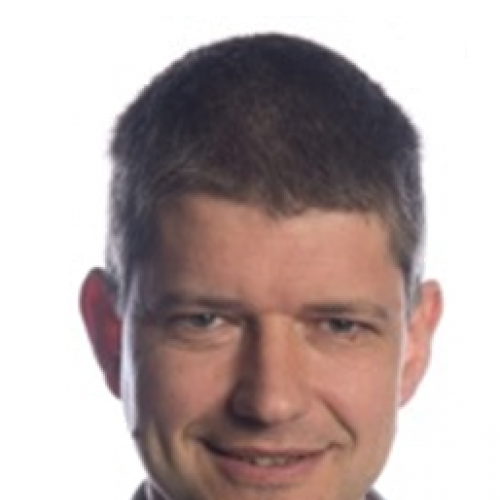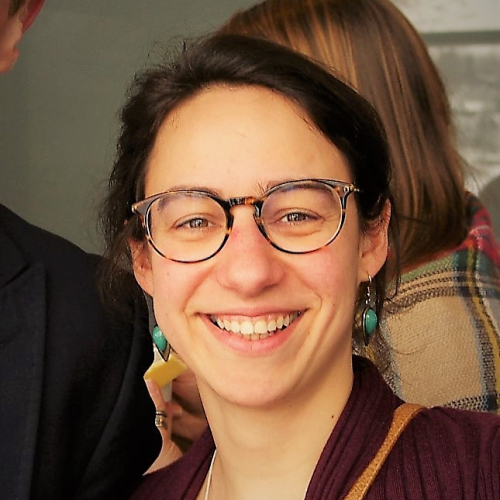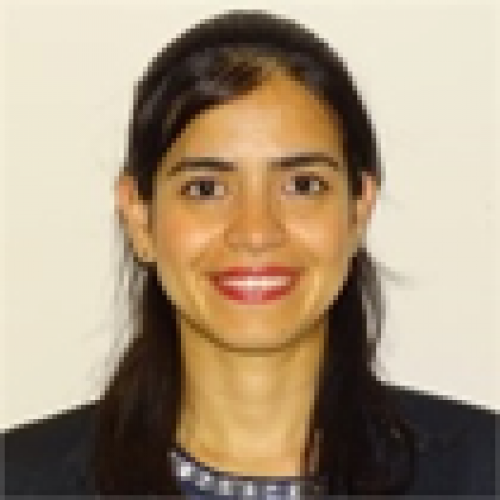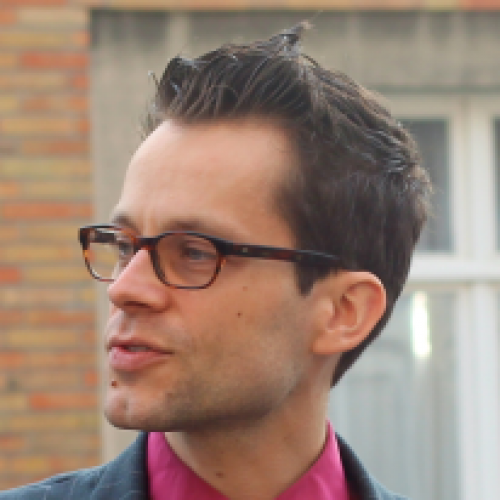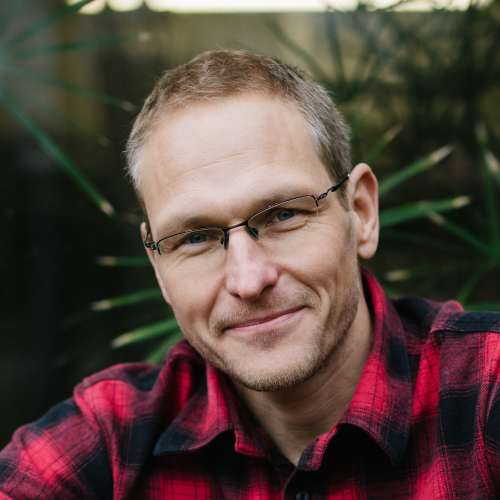The goal of WaterFRAME is to create a proof-of-concept of a generic, well-documented digital framework on water fit-for-reuse. This framework will use global standards combined with open data models to create an interoperable, transparent platform for optimization studies and holistic decision making. |
Context
The digital transformation is ongoing in different sectors and for the water sector as well as water-dependent sectors this is no different. Data is being collected at a larger pace than ever before, and this at different “levels”, ranging from unit processes at individual sites to sensor networks on a Flemish level.
Next to efforts in data collection, models (digital twins) are being developed and interest is rising for deploying them more intensively to support decisions. This entails both mechanistic or physical-based models, but also data-driven or AI-type of models. However, bringing modelling tools together over different scales and application domains to address high level technological or societal challenges is still rarely achieved. WaterFRAME aims to close this gap.
Objectives
Proof of concept of a generic, well-documented framework to accomodate and combine all piece of knowledge relevant to water fit for reuse applications.
Creation of a decision support layer within the framework consisting of open data models and optimization algorithms for holistic decision making.
Definition of swift and large up-scaling solutions within countries, regions, cities and businesses aiming for a global impact on societal challenges.
Methodology
The core principle of creating a digital, generic digital water framework for water fit for reuse is the use of ontologies and a knowledge graph which can be optimized (Figure 1).
An ontology is a semantic data model which defines the type and properties of entries within. One example could be an ontology for drinking water production, which include all types of data and process models to achieve this.
The defined ontologies can then be linked into a knowledge graph, which defines the relationship between the ontologies. This allows for communication of processes and concepts at different application domains and scales, such as drinking water production with distribution and household water use.
Creation of this knowledge graph allows for linkage with an optimization layer, which will allow to run specific scenarios to aid decision making. Specific indicators will be calculated which provide insights in the environmental, cost and process benefits the scenario will bring.
The complete framework will be able to provide a proof of concept for application at different scales (e.g. household level and industrial cluster).
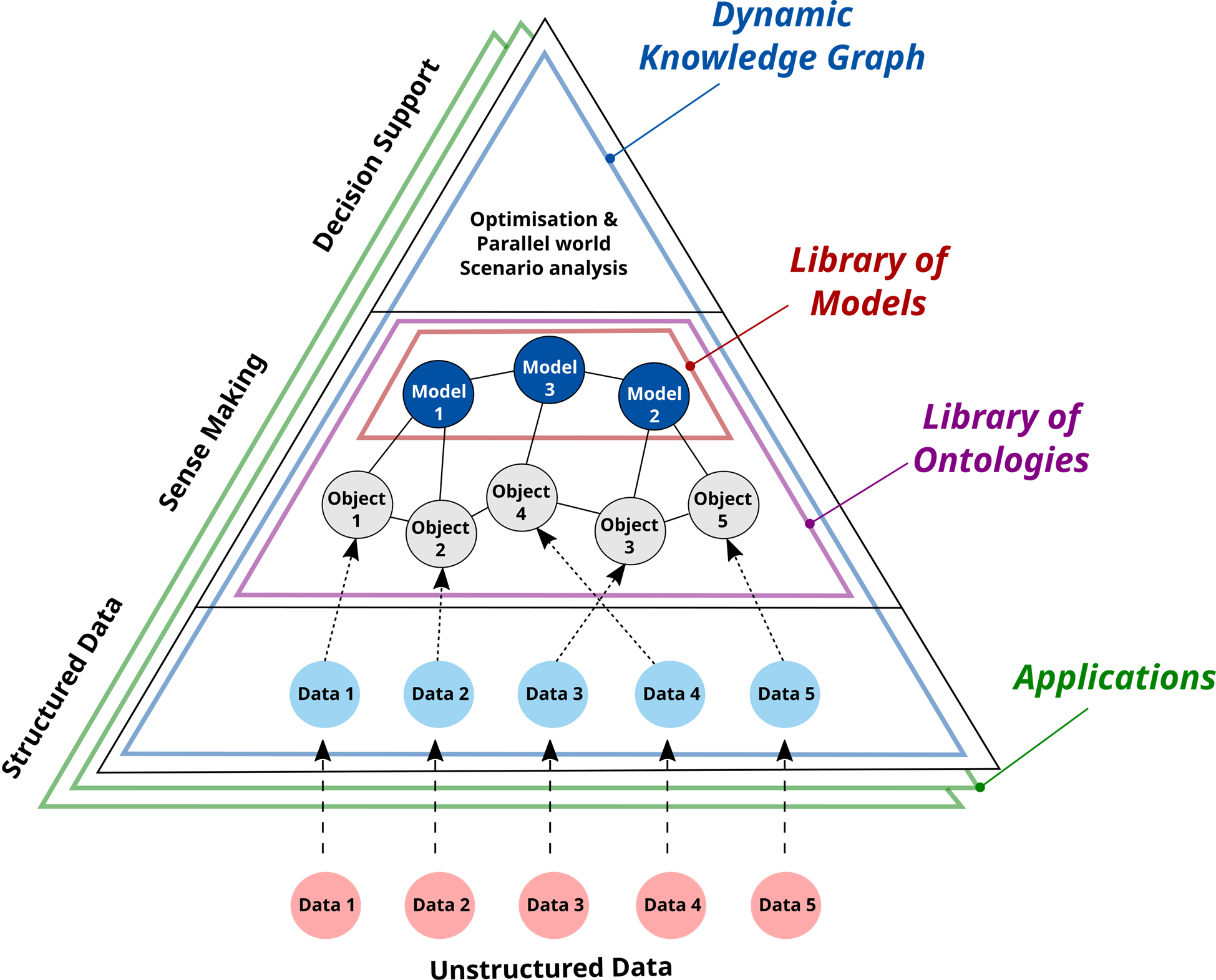
Advisory board members
- VLOCA (Vlaamse open city architecture)
- AIV (Agentschap informatie Vlaanderen, Digitaal Vlaanderen)
- Stad Antwerpen
- SDR (Smart Delta Resources)
- DuCoop
- VLAKWA
- Arcelormittal
- Dow Chemicals
- Aquafin
- iFlux
International experts
- Prof. Markus Kraft, University of Cambridge, UK
- Dr. Dragan Savic, KWR, The Netherlands
- Prof. Ludo Diels, University of Antwerp, Belgium
- Prof. Peter Vanrolleghem, Université Laval, Quebec, Canada
Consortium
- Ghent University, BIOMATH (project coordinator)
- Prof. Ingmar Nopens
- Prof. Elena Torfs
- Dr. Saba Daneshgar
- VITO
- Prof. Piet Seuntjens
- Dr. Janelcy Alferes Castano
- University of Antwerp
- Prof. Siegfried Vlaeminck
- Dr. Marc Spiller
- Dr. Tim Van Winckel
- CAPTURE
- Dr. Jan Arends
